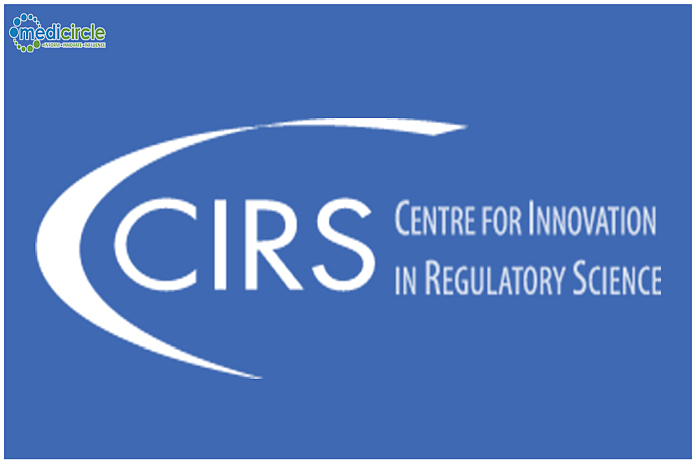LONDON, England – The Centre for Innovation in Regulatory Science (CIRS), a neutral and independent, international member-based organisation headquartered in the UK, has been awarded a phase two grant of $1.09m by the Bill & Melinda Gates Foundation to continue their collaborative endeavours to expedite patient access to medicines in specific areas of greatest medical need in Low and Middle Income Countries (LMICs)*1.
The grant has been awarded to CIRS for the purpose of ‘Tracking Regulatory Performance Metrics in Low and Middle Income Countries’ to accelerate and consolidate the activities around a unique metrics collection programme which aims to assist LMICs achieve targeted improvements in regulatory performance goals and ultimately, to accelerate registration of quality medicines in these countries.
Regulators in LMICs strive to develop fit-for-purpose regulatory systems, in particular, those related to the review, assessment and approval of medicines, including vaccines. Inefficiencies, especially redundancies, in the process can translate into long and unpredictable review times for medicines, resulting in delays to their registration. These inefficiencies can also affect the authorisation of competitive generic and biosimilar products, which has an impact on the costs and availability of many medicines.
CIRS has collected regulatory marketing authorisation assessment data for more than 20 years, especially in high-income countries, and has developed a standardised reporting approach to identify key characteristics that may impact regulatory performance to allow accurate interpretation of the metrics being evaluated. With such data, regulatory authorities have been able to continually improve their performance against their own goals and against the performance of peer agencies.
Through CIRS’ OpERA programme (Optimising Efficiencies in Regulatory Agencies) it combines qualitative and quantitative information to provide a detailed picture of the regulatory assessment activities of agencies at any stage of maturity and provides each country with a country report which permits global comparisons to similar agencies and encourages the sharing and adoption of good review practices.
The grant will also allow CIRS to provide opportunities for emerging national regulatory agencies to come together at regional forums in Africa, Latin America, and Asia during the three years of the grant. The sharing of experiences is a key way that regulators identify important new ways to improve their organisational efficiency and learn about tools and processes that will help build best regulatory assessment practices.
Jamie Munro, executive director, CIRS said: “The efficient, predictable, and speedy assessment and introduction of quality new medicines and vaccines to underserved patient populations continues to be a priority for the whole healthcare community. The aims of phase two of this programme are to give regulatory agencies in LMICs the tools and information to measure themselves against the outcomes of their evolving product assessment processes; whilst transitioning the OpERA programme to a financially self-sustainable performance metric monitoring system for the ongoing use of participating agencies.”
*1 The following target countries and regional regulatory initiatives are the focus of this grant renewal:
Africa: Ethiopia, East African Community (EAC), Zazibona initiative (in particular, the original members: Zambia, Zimbabwe, Botswana & Namibia), West Africa Health Organisation (WAHO – in particular Ghana, Nigeria, Burkina Faso & Senegal) and the South African Health Products Regulatory Authority (SAHPRA).
Latin America: Brazil, Mexico, Peru, Haiti, CARICOM (Caribbean Community).
Asia/Middle East: India, Indonesia, Vietnam, Malaysia, Philippines, Singapore, Thailand, China, Gulf Health Council (GHC).





